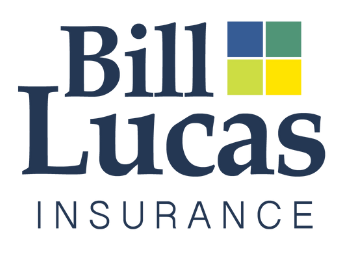Faith-Based Health Sharing Plans Like Medi-Share Across the Southeast & Midwest
Looking for a non-traditional way to manage healthcare costs? Faith-based health sharing ministries like Medi-Share are growing in popularity as an alternative to health insurance. We help individuals and families across Alabama, Florida, Georgia, Illinois, Missouri, Nevada, North Carolina, South Carolina, Tennessee & Virginia understand how these programs work and decide if they’re the right fit.

What Is a Health Sharing Ministry?
A health sharing ministry is not insurance—it’s a community of members who agree to share each other’s eligible medical expenses. These programs are often faith-based and operate on a set of shared beliefs and lifestyle standards.
Popular options include:
- Medi-Share
- Christian Healthcare Ministries
- Liberty HealthShare
- Samaritan Ministries
Monthly contributions are pooled together to help members cover:
- Hospital stays
- Surgeries
- Doctor visits
- Maternity care
- Prescriptions (limited or with discounts)
Each program has its own rules, cost-sharing structure, and eligibility requirements.
How It Works
- You pay a
monthly contribution instead of a premium
- There is a
"household portion" similar to a deductible
- Members vote or agree on what’s eligible for sharing
- Most plans require you to follow
Christian lifestyle standards
- No network—you can see any provider, but you may pay up front
Some ministries also provide discounts or partner with third-party bill negotiation services to reduce costs.


Who Might Consider Medi-Share or a Health Sharing Program?
These plans are often a fit for:
- Healthy individuals without chronic conditions
- Self-employed people or small business owners
- Families looking for lower monthly costs
- Those who
share Christian faith values
- People who can handle higher out-of-pocket risk in exchange for savings
We’ve worked with families and individuals in Charleston, Columbia, Knoxville, Springfield, and beyond who have used these programs as an affordable option.
Important Things to Know
- Health sharing plans
do not guarantee payment like insurance
- Pre-existing conditions may be limited or excluded
- They
aren’t required to follow ACA guidelines
- Not all states treat these programs the same (but your 10 target states do allow them)
That’s why it’s so important to understand the fine print. We’ll explain it all up front so you know exactly what to expect.
Want to Learn More About Health Sharing Ministries?
Whether you’re curious about Medi-Share or just exploring alternatives to traditional insurance, we’re here to help you understand your options and make a confident choice.
FAQ – Health Sharing Plans (Medi-Share)
-
Is Medi-Share the same as health insurance?
Yes. While your landlord’s policy likely covers the building itself, it won’t protect your belongings or liability. Renters insurance ensures you’re covered if your stuff is damaged, stolen, or if someone gets hurt in your unit.
-
Can I use any doctor?
That depends on the value of your home, your belongings, and your level of risk. We’ll help you calculate replacement costs and liability needs to ensure you’re fully protected without overpaying.
-
Are pre-existing conditions covered?
You might qualify for a Special Enrollment Period. If not, we can help with short-term medical or health sharing options.
-
What happens in an emergency?
You’ll seek care like normal and submit bills for reimbursement or sharing. Many plans have a 24/7 support line or negotiation service.
-
Is this available in every state?
Not all states allow these plans, but we work in 10 states where Medi-Share and similar programs are currently accepted.

